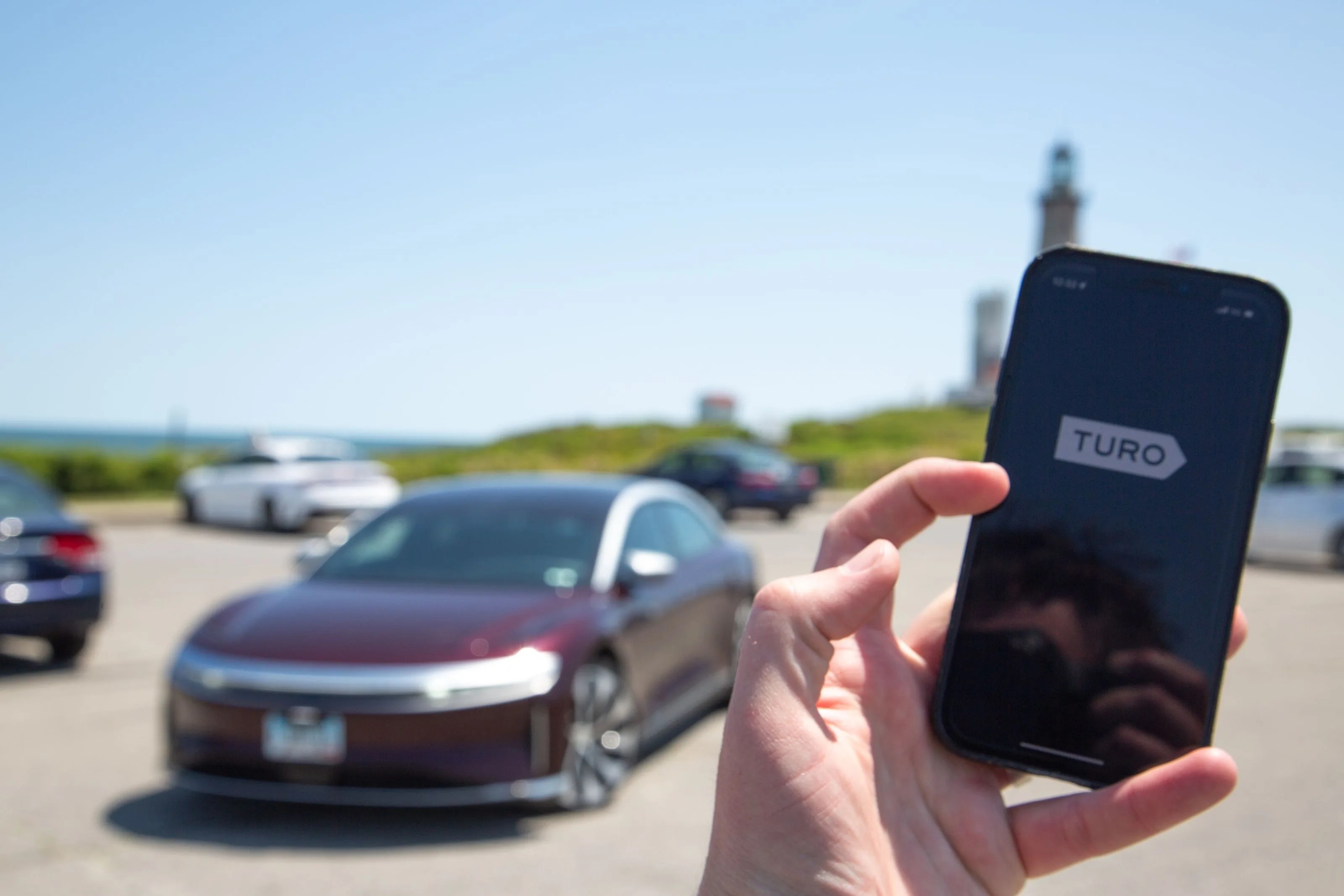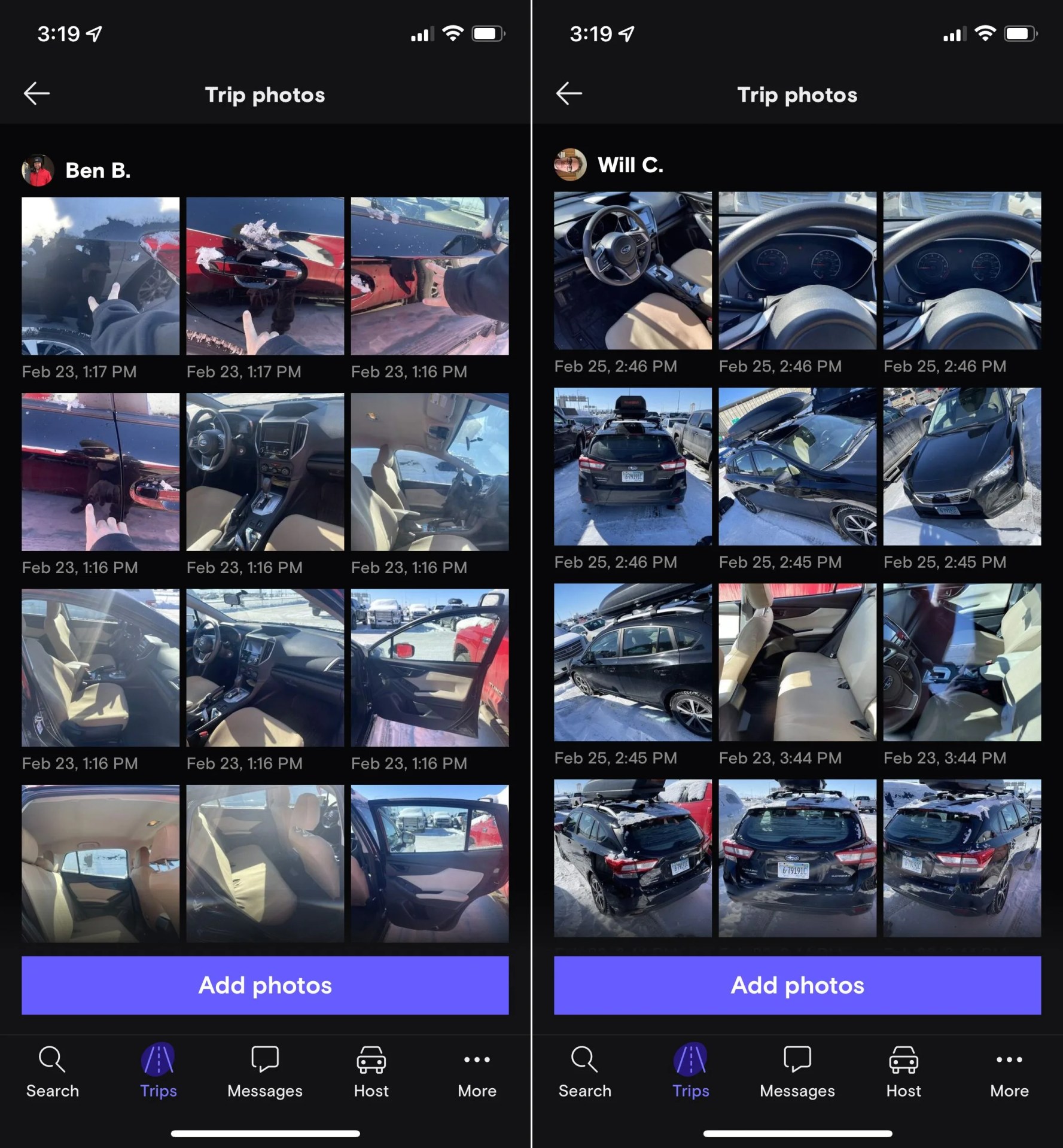When I was a (nerdy) kid, disruptor was a term I tended to associate with those green energy weapons mounted on Klingon and Romulan spaceships — the alien equivalent of the phasers on the starship Enterprise, with which said cultures would occasionally exchange blasts in some sort of interstellar kerfuffle before Captain Kirk or Picard found a way to smooth things over.
Here in 2023, however — where, fun fact, we’re actually closer to Kirk’s five-year mission than the start of the Revolutionary War — disruptor tends to refer to a company that’s seeking to upturn a long-established, often-stagnant business model. And by that definition, the rental car industry is ripe for disruption.
As if the dot-matrix printers scree-scree-ing out contracts with tear-off flanks in their offices wasn’t metaphor and proof enough, the last couple years have revealed the traditional car-rental model as more flawed than a junk diamond. When the pandemic hit, rental car agencies across America closed their doors and sold their fleets, assuming an end to travel as we know it — only to be caught with their pants down when people began traveling en masse again, forcing them to buy up as many cars as possible, thus in part leading to the car shortages and used-car price inflation that dog us to this day. On top of that, some Hertz customers have found themselves with a particularly severe case of buyer’s remorse after being arrested and even imprisoned for allegedly stealing cars they both paid for and returned correctly. (It grew to be enough of an issue that in 2022, Hertz was forced to pay out $168 million to settle claims brought by those falsely accused of theft.)
Enter Turo. Founded in 2010 as a pseudo ZipCar competitor before pivoting to its current business model, Turo is often referred to as “the AirBnB of cars,” and that’s a pretty accurate way to describe it. Private car owners — I suppose you could call them “hosts” — post their vehicles on the service, offering others the chance to rent them for a short-term period. Turo simply acts as an intermediary (for which, of course, they take a fee); you’re booking with an individual, not a faceless corporation that might forget you returned your car and send law enforcement after you.
The selection of vehicles also can be much more varied — which can be a boon both for enthusiasts and those who like to plan extensively. While traditional rental car companies only offer broad categories when booking, Turo lets you know the exact car you’ll be driving — year, make, model and options.
At least, that’s the idea. To find out how well it works in practice, I tested Turo out on two separate occasions: once during a trip to Montana in the winter, and then on a trip from New York City out to Montauk in the summer. Here’s what I found.











